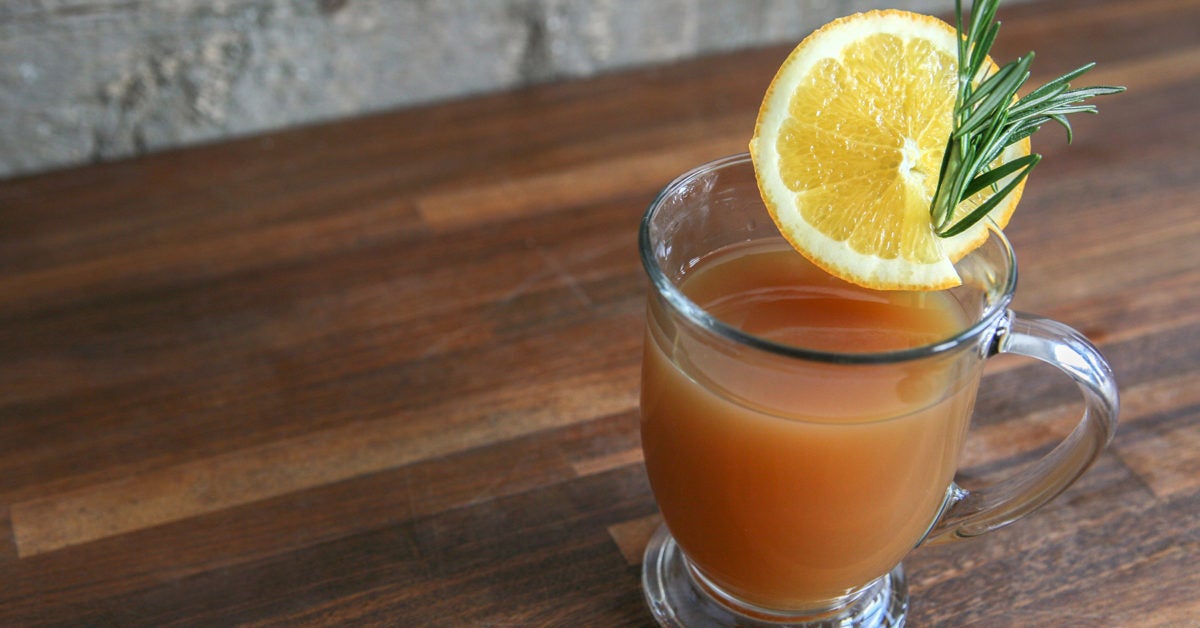
And while alcohol can technically help you fall asleep faster, you might have trouble staying asleep, according to Taub-Dix. for the bad news: The thing is that you shouldn’t need to use alcohol as a vehicle for consuming these beneficial ingredients since it can be dehydrating, according to Taub-Dix, and thus prolong your illness-especially if you’re sweating profusely with a fever, or losing lots of liquids from a bout of vomiting and diarrhea. The effects of a hot drink on nasal airflow and symptoms of common cold and flu. Effect of honey, dextromethorphan, and no treatment on nocturnal cough and sleep quality for coughing children and their parents. Do saline water gargling and nasal irrigation confer protection against COVID-19? /pmc/articles/PMC7528968/ Many cases of botulism are preventable.

tools-for-the-public/conditions-library/allergies/humidifiers-and-indoor-allergies Essential oils in the treatment of respiratory tract diseases highlighting their role in bacterial infections and their anti-inflammatory action: A review.

Vitamin C for preventing and treating the common cold. You can learn more about how we ensure our content is accurate and current by reading our editorial policy. Healthline has strict sourcing guidelines and relies on peer-reviewed studies, academic research institutions, and medical associations. Postnasal drip can irritate the throat, instigating a cough. Some medications may interact with alcohol, and certain medications may also contain codeine, which isn’t suitable for minors.Ī corticosteroid nasal spray can also reduce inflammation in the sinuses and help relieve postnasal drip.

Expectorants break up mucus, making it easier to expel, and cough suppressants can block the cough reflex.Ĭheck labels of OTC medications, and be sure to talk with a doctor about possible interactions. Many medications can be purchased over the counter to help relieve cough symptoms. According to research from 2015, eucalyptus and peppermint show promise in treating cough and other symptoms when wafted into the air under the nose. Incorporating essential oils into your treatment plan can help clear respiratory infections. Adding these herbs to your hot toddy may offer additional benefits. Specific herbs like thyme and primrose have antispasmodic, antimicrobial, anti-inflammatory, immunomodulatory, and antioxidant properties. There’s some evidence that a saltwater gargle flushes out unwanted pathogens from the throat, although more research is necessary to prove definitive healing. Saltwater gargleĪ teaspoon of salt mixed with 6 ounces of warm water may help soothe an irritated throat. The American Academy of Allergy, Asthma, and Immunology recommends 40% to 50% humidity in a bedroom to keep allergens like mold at bay. The moist air is more soothing to the throat and sinuses, suppressing cough, and supporting a good night’s rest. Using a humidifier at bedtime adds moisture to the air you breathe while you’re sleeping. A coughing spell can be especially annoying when you’re trying to sleep. Try a humidifierĭry air can irritate the sinuses, making a cough worse. Some can be used together to assist in symptom relief. There are additional home remedies that may aid in relieving a persistent cough. What other home remedies can help with a cough? The research notes that regular use of vitamin C can also reduce the likelihood of developing a cold. Research from 2013 shows that vitamin C can reduce the duration and severity of common cold symptoms. You can find vitamin C in many popular cold remedies available on the market today. There is little scientific evidence on the healing properties of lemon, but lemon is rich in vitamin C. Apple cider, cinnamon sticks, and ginger are a few other ingredients you may see steeped in hot water to promote symptom relief. Other ingredients can be added to hot water to jazz up your recipe. The mixture of warmth, liquid, and steam can help clear nasal passages and relieve a sore throat. Consuming a steamy drink like tea or broth can help soothe a cough and improve nasal flow. Research from 2008 suggests that hot drinks are beneficial in treating most symptoms of cold and flu. Honey also has antimicrobial properties that can slow or kill the spread of bacteria, viruses, and other microorganisms. In a 2007 study, honey scored better at relieving the symptoms of cough in children between ages 2 and 18 than dextromethorphan, an over-the-counter (OTC) cough suppressant. Honey is a long-standing home remedy used to relieve cough. The core ingredients of a hot toddy are: Honey However, there is research on the effectiveness of its base ingredients against certain cold and flu symptoms, and that’s where the magic is said to be. There is no academic research on the effects of a hot toddy.


 0 kommentar(er)
0 kommentar(er)
